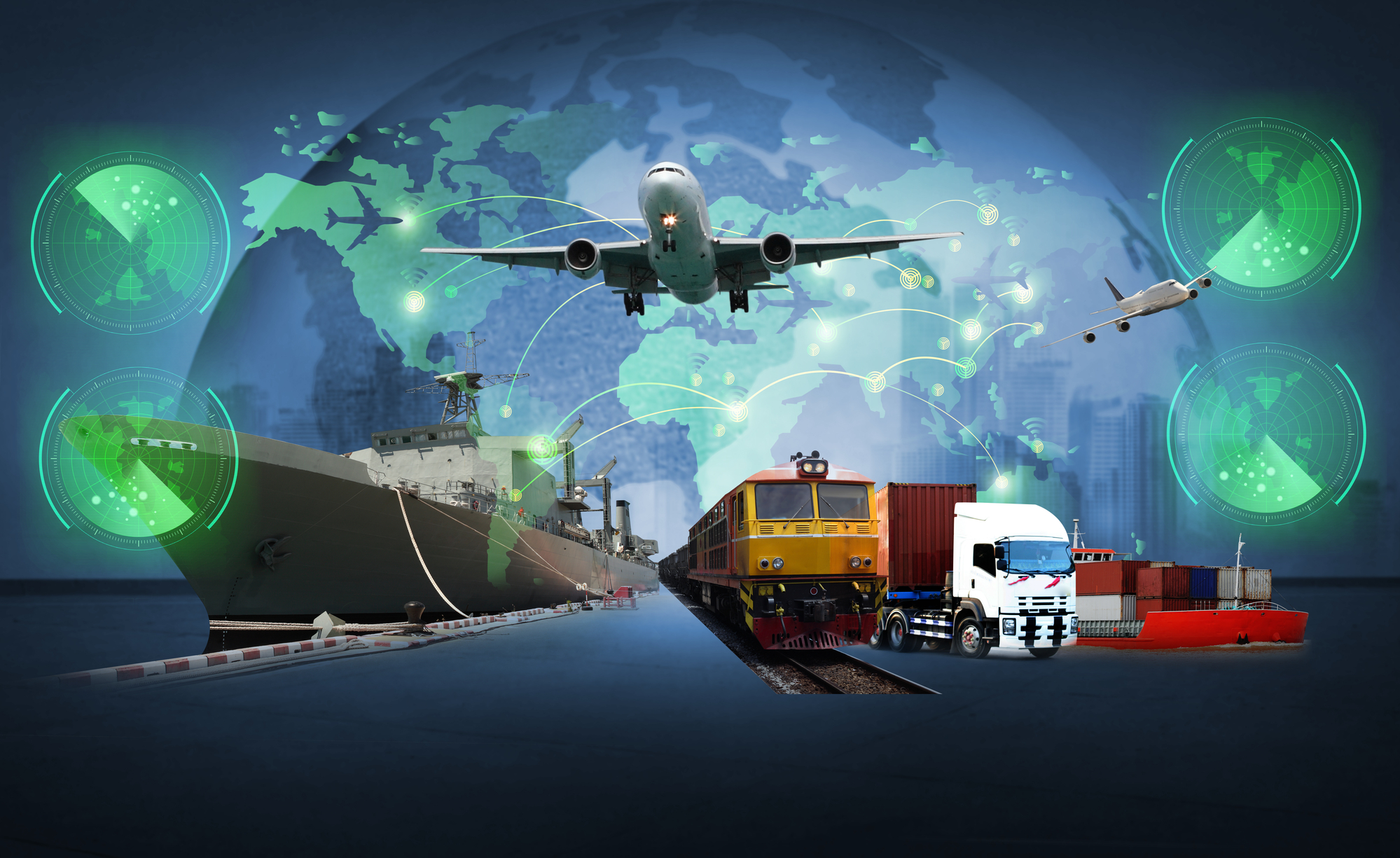Introduction
The logistics and freight forwarding industry has always been at the forefront of global trade and commerce, facilitating the movement of goods across borders and continents. However, the traditional practices and manual processes that have long characterized the industry are being revolutionized by the wave of digital transformation. In this blog post, we will explore the profound impact of digital technologies on logistics and freight forwarding, examining the benefits, challenges, and key trends reshaping the industry.
Streamlined Operations and Enhanced Efficiency
One of the primary benefits of digital transformation in the logistics and freight forwarding industry is the ability to streamline operations and improve efficiency throughout the supply chain. Automation technologies, such as robotic process automation (RPA), artificial intelligence (AI), and machine learning (ML), have paved the way for smoother workflows, optimized resource allocation, and faster order processing. These technologies enable real-time tracking and monitoring of shipments, reducing delays, improving inventory management, and enhancing overall operational visibility.
Improved Customer Experience
In today’s competitive business landscape, customer experience is paramount. Digital transformation has empowered logistics and freight forwarding companies to deliver a superior customer experience through improved transparency, instant communication, and enhanced responsiveness. Modern digital platforms and customer portals provide real-time shipment tracking, estimated delivery times, and proactive notifications, keeping customers informed and reassured about their goods’ status. Additionally, digital tools enable personalized customer support, allowing for prompt issue resolution and effective relationship management.
Data-Driven Decision Making
The digitization of logistics processes generates a vast amount of data, offering valuable insights and opportunities for data-driven decision making. Advanced analytics and business intelligence tools enable companies to analyze data related to shipments, routes, carriers, and customer preferences. By harnessing this information, logistics providers can optimize their operations, identify cost-saving opportunities, and make informed strategic decisions. For example, predictive analytics can help forecast demand, allowing companies to adjust their resources and inventories accordingly, minimizing wastage and maximizing efficiency.
Supply Chain Visibility and Collaboration
Digital transformation promotes end-to-end visibility in the supply chain, enabling logistics companies to track shipments at every stage and anticipate potential bottlenecks or disruptions. Cloud-based platforms and blockchain technology facilitate secure data sharing and collaboration among stakeholders, including manufacturers, suppliers, carriers, and customers. Real-time visibility into inventory levels, production status, and transportation schedules enables improved coordination and proactive problem-solving, leading to smoother supply chain operations and reduced lead times.
Sustainability and Environmental Responsibility
The logistics and freight forwarding industry has a significant impact on the environment, with transportation accounting for a substantial portion of global carbon emissions. Digital transformation offers solutions to mitigate these environmental challenges. Optimization algorithms and route planning software help minimize fuel consumption and reduce carbon footprints by optimizing load capacities and optimizing delivery routes. Furthermore, the shift towards electronic documentation and paperless processes reduces the industry’s reliance on paper, contributing to sustainability efforts and promoting green practices.
Challenges and Future Trends
While the benefits of digital transformation in the logistics and freight forwarding industry are undeniable, the process does come with challenges. Legacy systems, resistance to change, and cybersecurity concerns pose obstacles that companies must overcome to fully embrace digitalization. Additionally, ongoing technological advancements, such as the Internet of Things (IoT), 5G connectivity, and autonomous vehicles, will continue to shape the industry’s future, offering even greater opportunities for efficiency, innovation, and sustainability.
Conclusion
Digital transformation has emerged as a game-changer for the logistics and freight forwarding industry, revolutionizing traditional practices and unlocking new opportunities for efficiency, customer satisfaction, and sustainability. By embracing advanced technologies, data analytics, and collaborative platforms, companies can optimize their operations, enhance supply chain visibility, and deliver exceptional customer experiences.
As industry experts, our digital transformation team with more than15 years of experience has successfully helped logistics and Freight forwarding companies in achieving their desired digital transformation goals.
If you are interested to learn more about our service and how we can help you achieve your digital transformation goals, contact us today for a Free consultation with our experts.
Email: [email protected] or Click Here to schedule Free Consultation: https://calendly.com/meticul-solutions/techtalk



